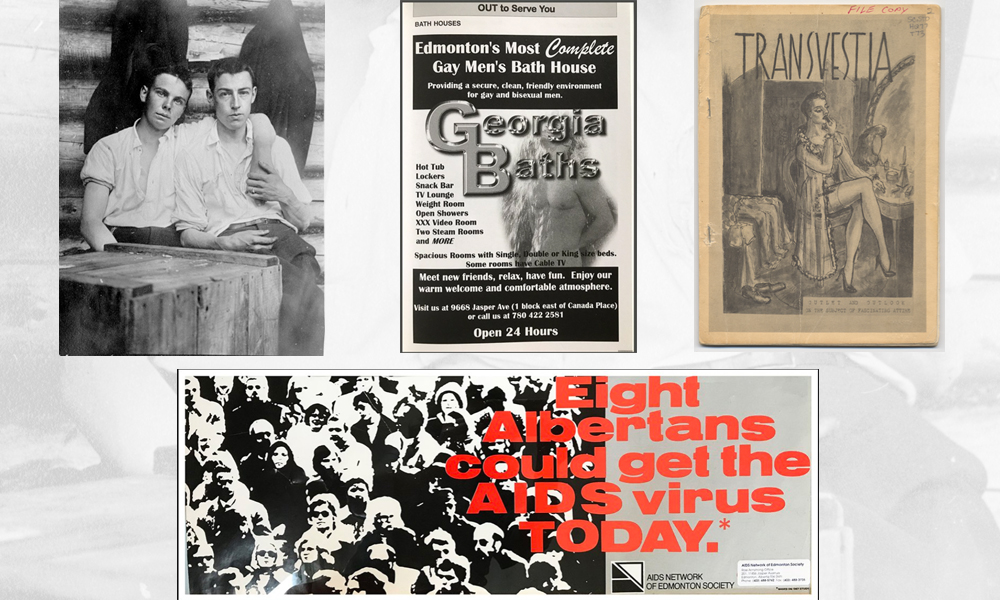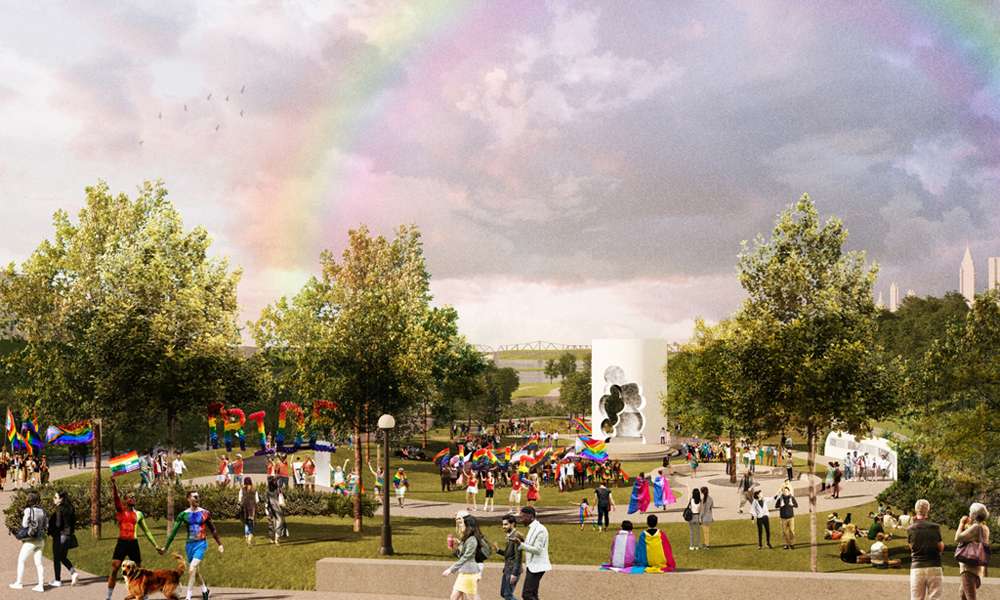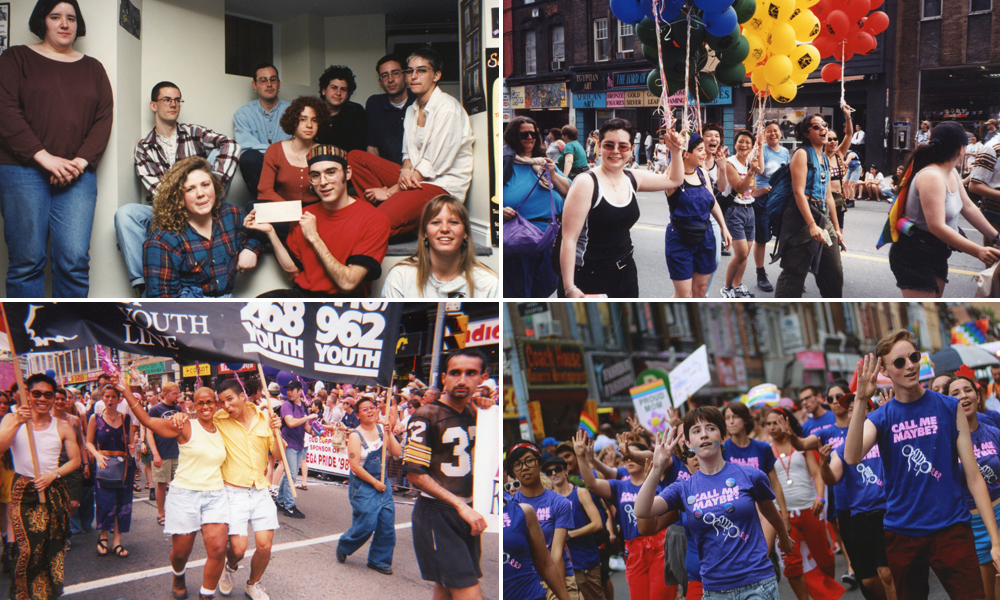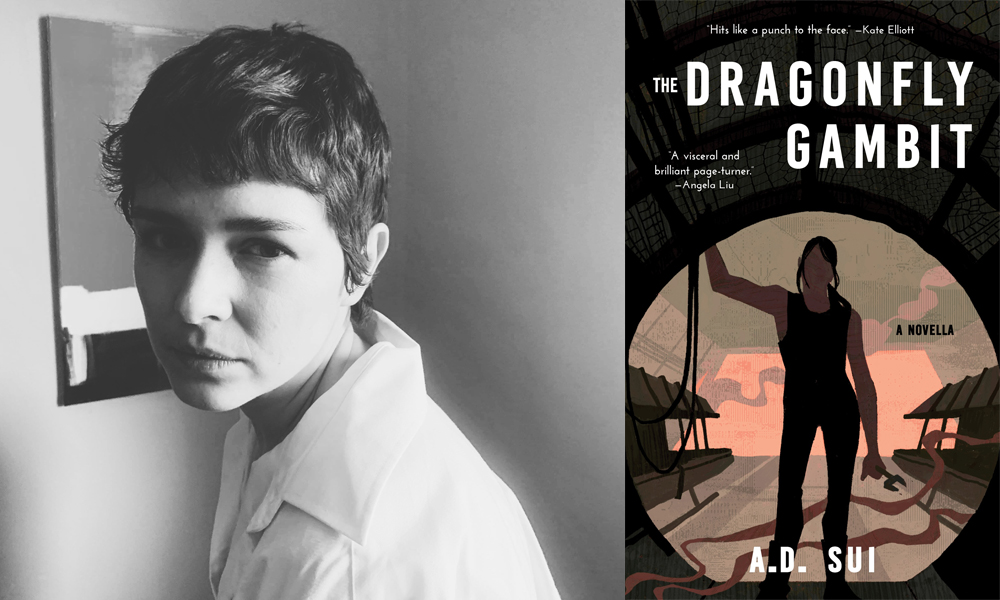From Newfoundland and Labrador to British Columbia to the Northwest Territories, there are several archives across Canada dedicated to preserving, educating, providing access and showcasing the diversity of the 2SLGBTQI+ experience in Canada…
By Stephan Petar
As the largest independent LGBTQ2+ archive in Canada, The ArQuives is the most recognized institution for the recovery and preservation of queer history. But it’s not the only one. Nationwide, we are seeing more archives and projects dedicated to queer history pop up in municipal or provincial institutions as well as university libraries.
However, many are still led by volunteer community groups, who for decades have built a repertoire of the queer experience that traditionally has been overlooked by major institutions. “Our history wasn’t considered by institutional archives, so the only way to preserve it was through community-based archives,” says Laure Neuville at Montreal’s Archives lesbiennes du Québec, which was founded in 1983.
Community members dedicated themselves to documenting and collecting items that represented the diversity of the 2SLGBTQI+ narrative over time. In Winnipeg, Albert McLeod’s founding donation of materials related to the two-spirit experience marked the beginning of the Two-Spirit Archives at the University of Winnipeg. “The past 500 years of Euro-Christian colonization around the world has imposed binary gender identity and heteronormativity on Indigenous cultures that historically held space for multiple gender identities and the inclusion of LGBTQI+ people,” says McLeod. “The archive positions two-spirit people as critical assets to the ongoing work of decolonization and reconciliation.”
Those who created and sourced these artifacts – the newsletters, photographs, magazines, buttons, apparel and more – did it with bravery, likely risking their livelihoods to make strides for 2SLGBTQI+ people. As the Transgender Archives at the University of Victoria says, “Our collection bears witness to the courage, vision and perseverance of those who went before us. They had the wisdom to see that there was important work to be done.”
Many archives are digitizing their materials to make them more accessible, opening avenues to exploring and celebrating a history rarely taught, and providing needed visibility that could prove life changing. This access is also crucial given that 2SLGBTQI+ rights and people are under threat. “Given increasing hate crimes and attacks on 2SLGBTQI+ communities, knowledge about queer history is more important than ever.… You can try to silence us, but you will never erase us,” says the Edmonton Queer History Project.
Recent events were also top of mind for Tim Hutchinson, assistant dean at University Archives and Special Collections, University of Saskatchewan Library, when speaking about the importance of access. “These records document hard-fought human rights that should never be taken for granted.”
While thousands of records exist across the country, there are still significant gaps – which is why new archival projects, such as the Femme Story Archives, are popping up. “Because of historical power relations, femme stories have been less acknowledged,” say Jenna Danchuk, Chloë Brushwood Rose and Andi Schwartz of the Femme Story Archives. “We need to be able to tell our stories ‘on our own terms’ and with the support of institutions who will not silence us.”
From Newfoundland and Labrador to British Columbia to the Northwest Territories, let’s meet the organizations that are helping to preserve 2SLGBTQI+ stories and that are dedicated to building a full picture of queer life in Canada.
Newfoundland and Labrador’s Digital Queer Archive: Launched by the Queer Research Initiative, its goal is to tell the hidden stories of 2SLGBTQ+ Newfoundland and Labradorians throughout history. It has newsletters from The Gay Association In Newfoundland (GAIN) and stories related to the 2SLGBTQIA+ purge, a time when individuals were dismissed from the military or federal government because of their sexuality and gender identity.
Nova Scotia LGBT Seniors Archive: Established in 2019 and housed at Dalhousie University, this archive commemorates senior members in the LGBT community, whose stories are at risk of being lost. The archive works with seniors to collect their stories first-hand, with the goal of creating a living legacy.
Queer Heritage Initiative of New Brunswick (QHINB): Meredith J. Batt, president and co-founder, says part of the reason for QHINB’s founding was to give New Brunswick residents a place to keep their records and histories close to home. QHINB has items unique to the province, including the first 2SLGBTQI+ Veterans Wreath to be laid in the province and photos from the Eighth International Two-Spirit Powwow in Elsipogtog First Nation. Many of its holdings have been digitized, with work being done to get them online. The organization keeps its collection at the Provincial Archives of New Brunswick in Fredericton, which is also home to images of Len & Cub, the oldest photographic record of a same-sex couple in the Maritimes. Len & Cub’s story was turned into a book and will soon be a six-part television series from Elliot Page’s production company.
Archives lesbiennes du Québec (Quebec Lesbian Archives): Documenting the lives of lesbians in Quebec, this Montreal-based archive recently celebrated its 40th anniversary. Its collection has grown to hold a diverse assortment of materials in different formats, including about 275 magazines and periodicals like Long Time Coming, which was published in Montreal and is believed to be Canada’s first lesbian periodical.. “Everyone who gets to look through the archives finds a document or item of particular significance to them, whether it brings back memories or because it resonates with who they are or want to be,” says Neuville. The province also has the Archives Gaies du Québec (Quebec Gay Archives).
Femme Story Archives: This project, in collaboration with The ArQuives, is working to curate a collection of oral history interviews, photographs, print materials and more linked to queer femme culture in Toronto during the 1990s. It is currently looking for participants or those with materials to donate, with the hope of hosting an exhibition in two years.
2SLGBTQ+ Community Archives: Michael Johnstone captured the 2SLGBTQ+ presence in Hamilton, Ont., for over five decades, and his collection became the founding donation of this archive at the Hamilton Public Library. The library hopes to build a diverse archival record of 2SLGBTQ+ life in Hamilton by inviting the community to donate historical materials or record oral histories. “We hope to have a local historical record that can be consulted, compared, contrasted and analyzed with similar records from other 2SLGBTQ+ archives,” says Ryan Johnston, acting manager of local history and archives at the Hamilton Public Library.
University of Winnipeg Two-Spirit Archives: The goal of this archive is to develop an internationally renowned centre for research and to ensure that two-spirit people are central to preserving the history of their contribution to society. It provides a record of the two-spirit liberation movement in Canada that began in 1977, and featuresnewsletters from two-spirit organizations, reports about the impact of the HIV/AIDS crisis on the community, a full ceremonial regalia of a two-spirit jingle-dress dancer as well as poetry, art, textiles and more. The archive is seeking materials documenting the struggles, progress and achievements of two-spirit people, but understands there may be apprehension given that it is a colonial institution. “We follow a stewardship model with respect to the Two-Spirit Archives where the creators or donors of the records retain ownership of the materials,” says Brett Lougheed, university archivist/digital curator.
Neil Richards Collection of Sexual and Gender Diversity at the University of Saskatchewan: Activist and former University of Saskatchewan librarian Neil Richards dedicated his life to preserving the queer narrative. Now, a collection with more than 8,500 catalogued items is dedicated to him in the university’s vast collection related to sexual and gender diversity. It has comics, sound recordings, film memorabilia, physique magazines, pins, buttons and a lot more. It even has a Gay Bob doll, said to be the world’s first openly gay doll, and a section dedicated to queer mystery and detective fiction.
Edmonton Queer History Project: This organization shares the stories of queer Edmontonians through various media. Its collection has thousands of items accompanied by several digital assets such as a downtown queer history map and walking tour, a digital stories map with 200+ entries, and a podcast about Vriend vs. Alberta (an important Supreme Court of Canada case involving a teacher’s dismissal because of their sexual orientation). For more about Alberta’s 2SLGBTQI+ history, you can visit the Gay and Lesbian Archives of Edmonton, Rainbow Story Hub and the Calgary Gay History Project.
Transgender Archives at the University of Victoria: Launched in 2011, this institution has the largest transgender archival materials in the world. It has items dating back 120 years in 15 languages from 23 countries and six continents including erotica, court case records and more, with collections from Stephanie Castle, Red Jordan Arobateau and Aiyyana Maracle. You can also check out the BC Gay and Lesbian Archives and the Archives of Lesbian Oral Testimony for more about the province’s 2SLGBTQI+ history.
NWT Archives: The Northwest Territories Archives features materials created by OutNorth, a non-profit organization whose mission is to provide support, awareness and advocacy for the 2SLGBTQI+ community in Yellowknife. The collection documents the organization’s advocacy with newsletters, press releases, event flyers and news clippings, providing a look into queer life in the territory.
STEPHAN PETAR is a born and raised Torontonian, known for developing lifestyle, entertainment, travel, historical and 2SLGBTQ+ content. He enjoys wandering the streets of any destination he visits, where he’s guaranteed to discover something new or meet someone who will inspire his next story.







POST A COMMENT